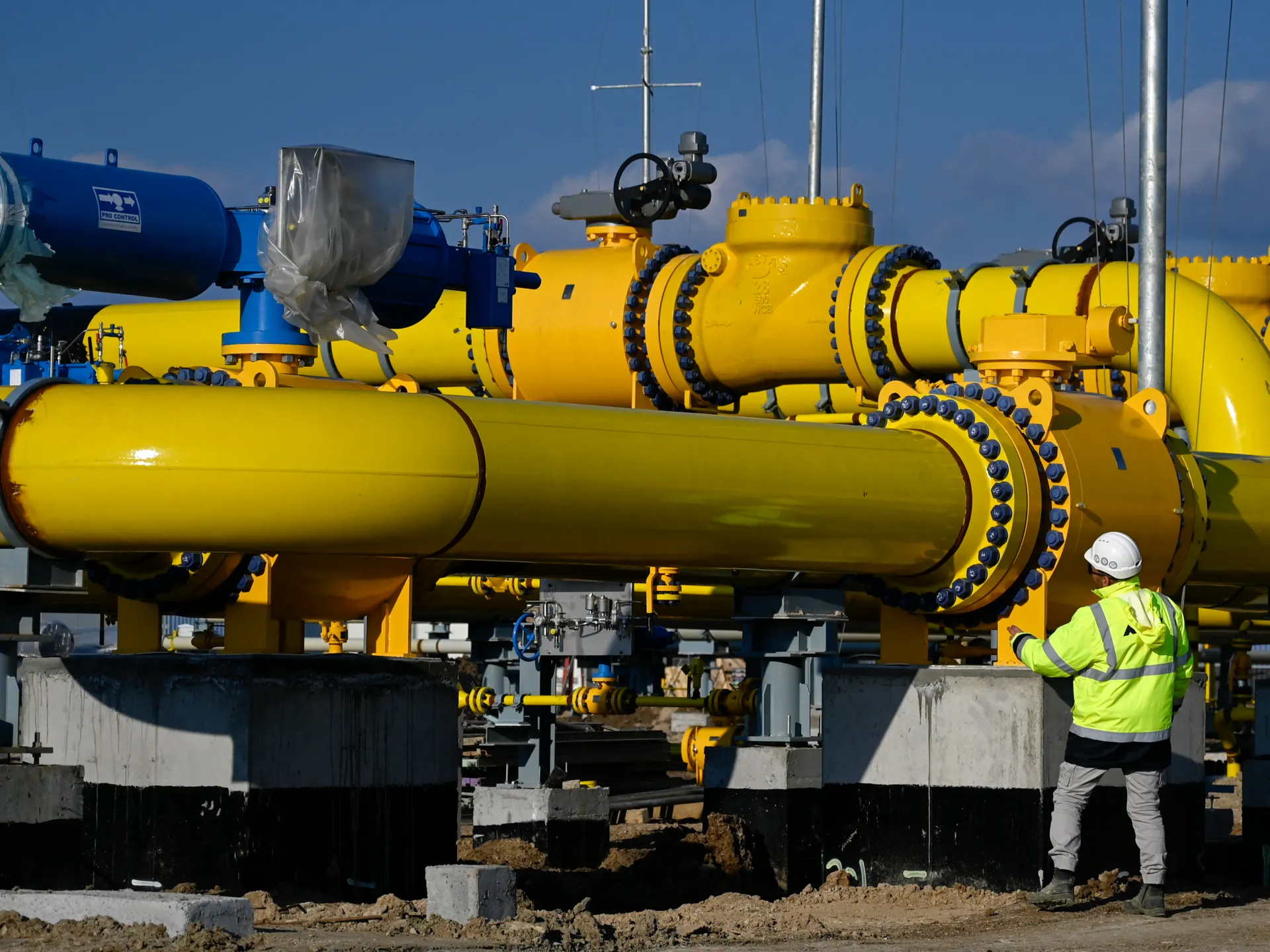
Russia's state energy giant Gazprom has ceased natural gas transit to Europe through Ukraine after the expiration of a five-year transit agreement, marking a significant shift in regional energy dynamics.
The deal, signed in December 2019 between Gazprom and Ukraine's national oil and gas company Naftogaz, officially ended at 8:00 a.m. Moscow time (0500 GMT) on Jan.1.
Both sides have previously signaled an unwillingness to renew the agreement amid the ongoing war between the two nations.
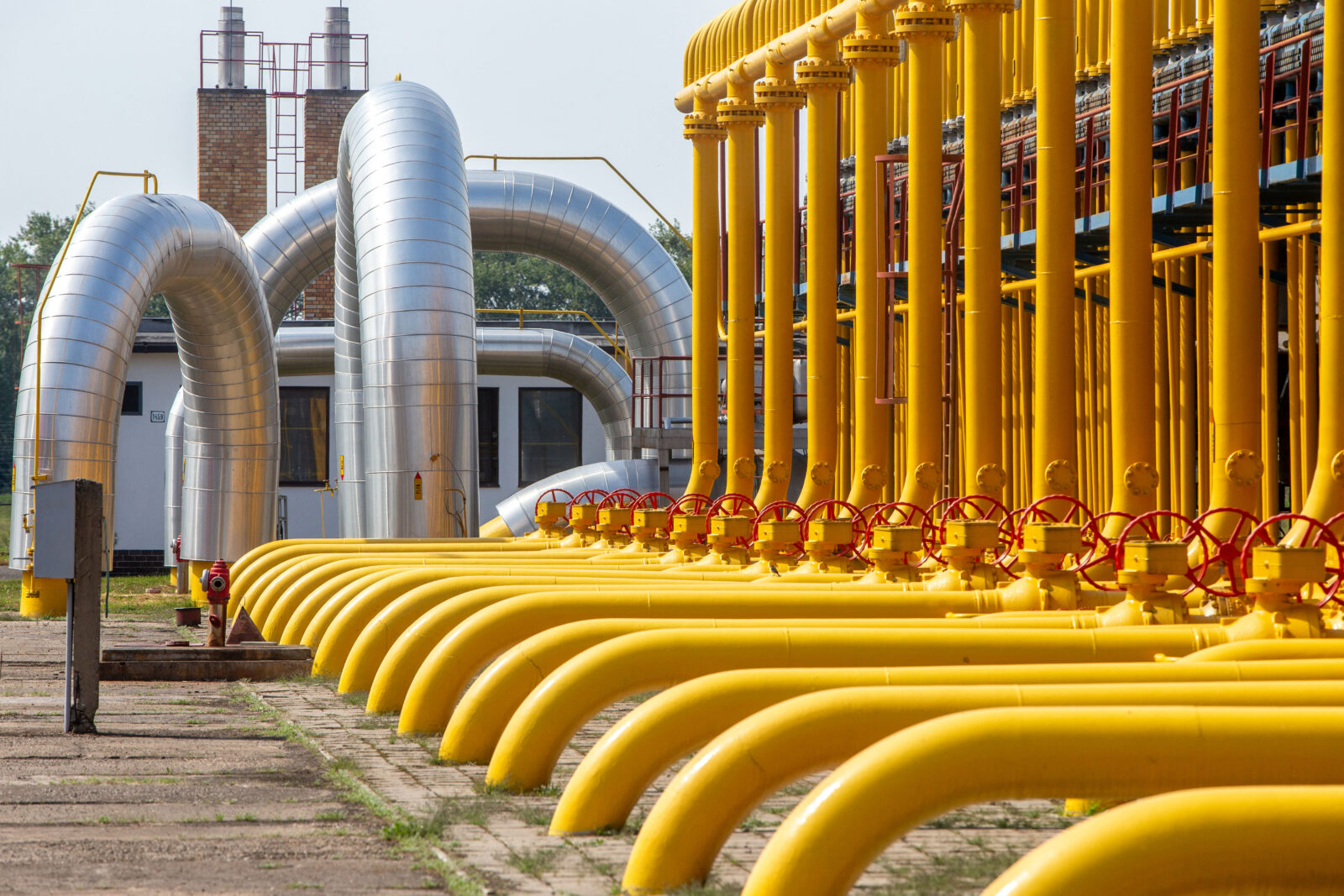
Gazprom said the expiration of the agreement left it without the "technical and legal ability" to continue gas transit via Ukrainian territory.
Meanwhile, Ukraine's Energy Minister German Galushchenko described the halt as a "historic event," framing it as a strategic decision to align with European energy policies aimed at reducing dependency on Russian gas.
"Russia is losing markets and will face financial losses. Europe has already decided to move away from Russian gas," Halushchenko said in a statement.
Data from the European Network of Transmission System Operators for Gas (ENTSOG) and Slovakia’s gas operator Eustream confirm that gas flows from Ukraine into Slovakia have completely stopped.
The reduction has also been observed at the Baumgarten gas hub in Austria, where volumes have reportedly dropped by over two-thirds.
Gas deliveries to Italy through Switzerland have decreased by 2.5 times, further highlighting the downstream impacts of the transit halt.
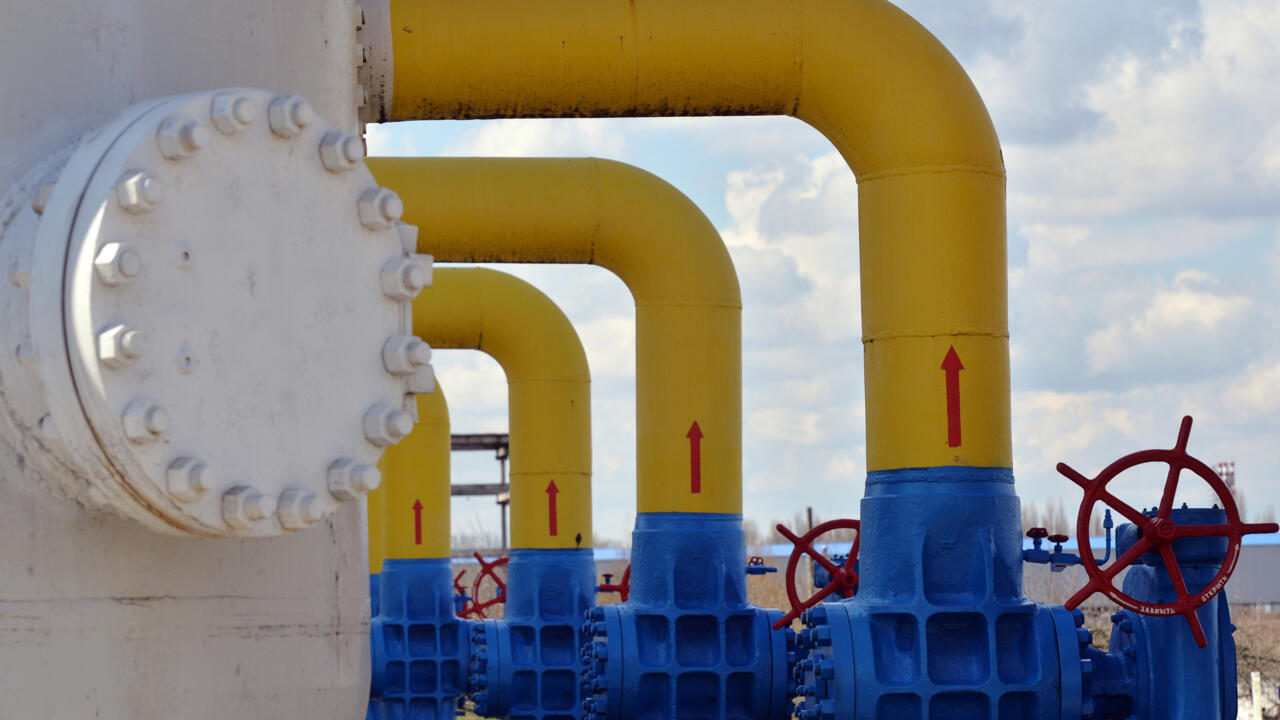
Slovakia's gas operator SPP stated that the country had been preparing for such a scenario by diversifying its energy sources and strengthening alternative supply routes, including pipelines from Germany, Italy, and Croatia.
The importance of the southern route, which channels Russian gas through the TurkStream pipeline via Türkiye, Bulgaria, Serbia, and Hungary, was also underscored.
So far, gas flows along these southern transit routes remain stable, signaling no immediate attempt to redirect volumes previously transported through Ukraine.
"The first pillar are the diversification business contracts for the gas purchase from anon-Russian source concluded with the companies BP, ExxonMobil, Shell, ENI, and RWE. These contracts are flexible, and we can increase not only the required gas volumes but also the length of validity of these contracts.
This means that we are fully prepared for the stoppage of the supply of Russian gas through the territory of Ukraine," stressed the Chairman of the Board and CEO of SPP Vojtech Ferencz.
The second pillar of gas supply security is diversified transport routes. Slovakia has agas pipeline connection with each of the surrounding countries. Natural gas can thus be transported from any direction.
For us, the preferred alternative transit route during the winter season is agas pipeline from Germany through Austria or the Czech Republic, with sufficient volume of free transit capacity or already reserved transit capacity.
The southern transit route through the TurkStream gas pipeline through Türkiye and further Bulgaria, Serbia and Hungary also appears to be important. In the past, however, the company also used the transit route from Croatia or Italy, via Austria to Slovakia.
Given the high transit fees, atransit corridor through Poland appears to be the least likely, but not excluded. The third pillar of supply security for our customers is natural gas stored in gas storages.
SPP
"We currently have approximately 20% more gas available for gas storage in Slovakia than last year. In addition, we have decided that our storage capacity will be filled to 100% not only at the beginning of the heating season but also at the beginning of the year, i.e., in January 2025.
From the security of supply point of view, during the ongoing winter, SPP has, in acombination of diversification contracts, secured transit routes and the gas in storages, the largest volume of gas available in recent years," added Vojtech Ferencz.
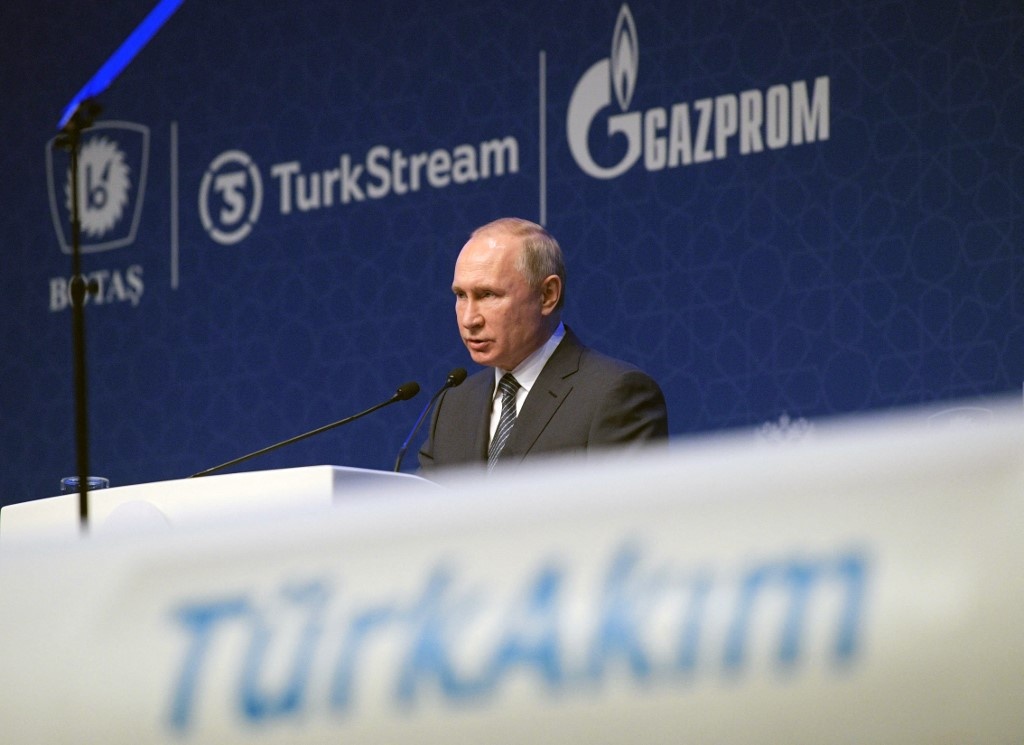
Under the now-expired agreement, Ukraine facilitated the transit of approximately 40 billion cubic meters of Russian natural gas annually to European markets. Both Kyiv and Moscow have expressed little interest in renegotiating the terms of a new deal under current geopolitical conditions.
However, Russian President Vladimir Putin previously suggested the possibility of utilizing third-party intermediaries—such as Turkish, Hungarian, Slovak, or Azerbaijani companies—to manage gas deliveries across Ukraine.
Such an arrangement would involve transferring ownership of the gas at the Russia-Ukraine border, allowing European companies to handle the transit.
Slovak Prime Minister Robert Fico, who visited Moscow in December, urged European Union leaders to address the consequences of halting Russian gas transit via Ukraine. Fico warned of potential economic repercussions, predicting cumulative losses of up to €120 billion for the EU by 2026.
Despite these concerns, the European Commission has downplayed the immediate risks, stating that contingency measures have been in place for over a year to mitigate disruptions caused by a halt in gas transit through Ukraine.
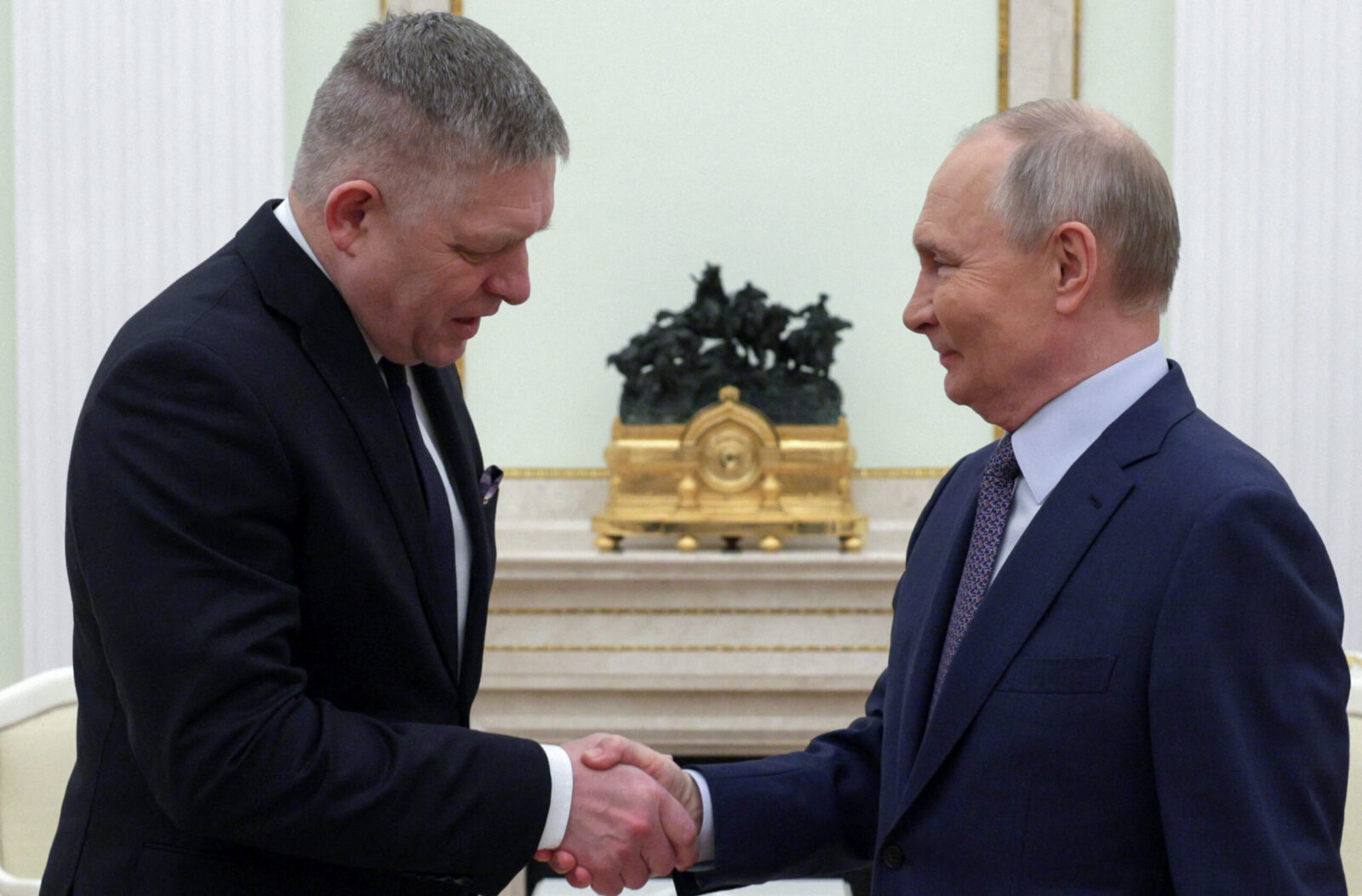
While alternative routes, including TurkStream and liquefied natural gas (LNG) imports, offer partial solutions, the full realignment of European energy supplies remains a long-term challenge.
Experts note that Gazprom could potentially increase volumes through TurkStream and Blue Stream pipelines, but a complete rerouting remains unlikely in the short term.